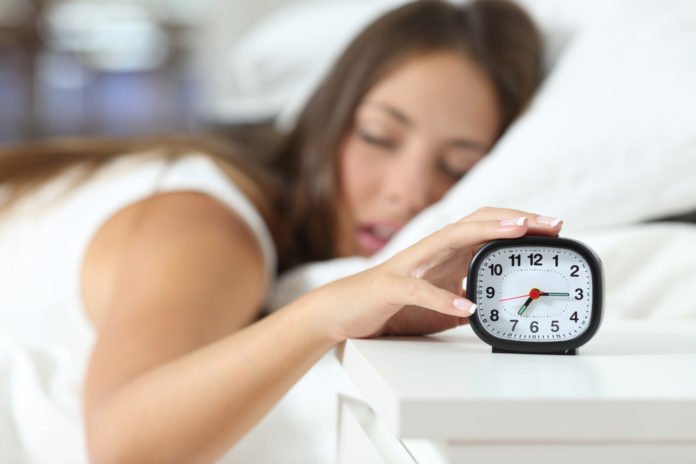In a national study of urban teenagers, scientists found that later school start time could mean teens are more likely to get adequate amounts of sleep. If school starts after 8:30 a.m, it increases the likelihood that teens obtained the minimum recommended amount of sleep.
Scientists high school start times — 7:00-7:29 a.m. receive almost 46 minutes less time in bed on average compared with teens with high school start times at 8:30 a.m. or later.
On the other hand, School start times after 8:30 a.m. was associated with adequate sleep in the bed, extending morning sleep by 27-57 minutes compared to those teens with earlier school start times.
lead author Orfeu Buxton, associate professor of biobehavioral health at Penn State said, “Teens starting school at 8:30 a.m. or later was the only group with an average time in bed permitting eight hours of sleep, the minimum recommended by expert consensus. Later school start times were associated with later wake times in our large, diverse sample.”
“The presumption is if you let kids start school later they will simply go to sleep later and still not get adequate sleep. But that’s a hypothetical scenario. There wasn’t data to back that up.”
While scientists found that teenagers with the most punctual school begin times would bed sooner than those with 8:30 a.m. or, then again later, the teenagers with prior begin times still did not get the suggested measure of rest. Just those teenagers with schools that had a begin time of 8:30 a.m. or, on the other hand later really got the prescribed measure of rest.
Regardless of going to bed sooner than s companions, teenagers with the most punctual school begin times didn’t get enough rest perhaps because of expectation of an early wake time the next morning.
Moreover, scientists considered other studies that enlight teens’ sleep debt where teens make up for lost sleep on non-school days. This makes them get up consistently and significantly later than those on school days.
Scientists tested teenagers by asking them to fill up online daily diary each evening. They tested almost hundreds of students.
Teenagers completed an online daily diary each evening, beginning after 7 p.m., during seven consecutive days.
From every journal section, analysts took a gander at the members’ reports of the earlier night’s sleep time, the time the high schooler woke up in the morning, regardless of whether the adolescent went to class, and the school begins times.
